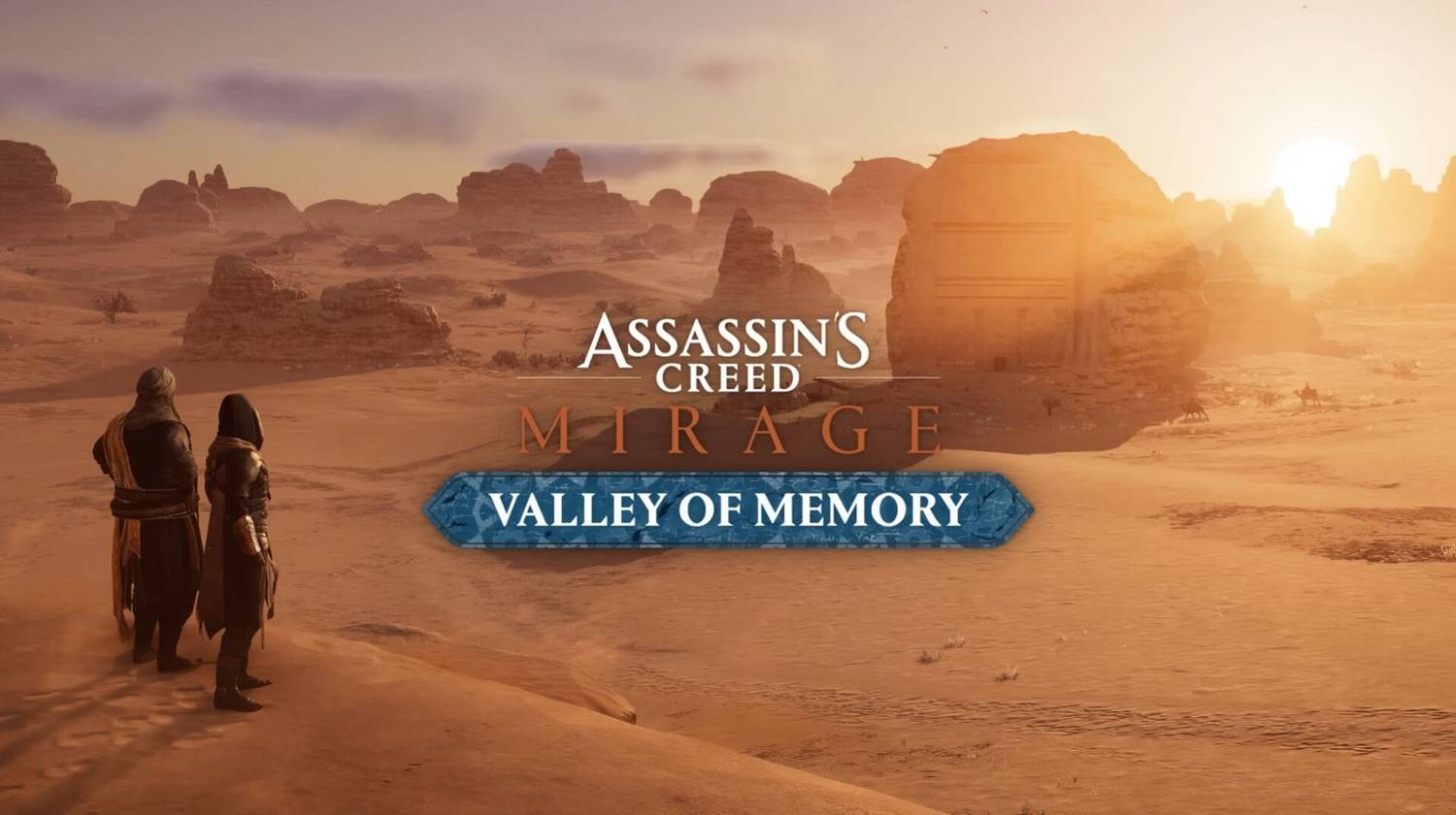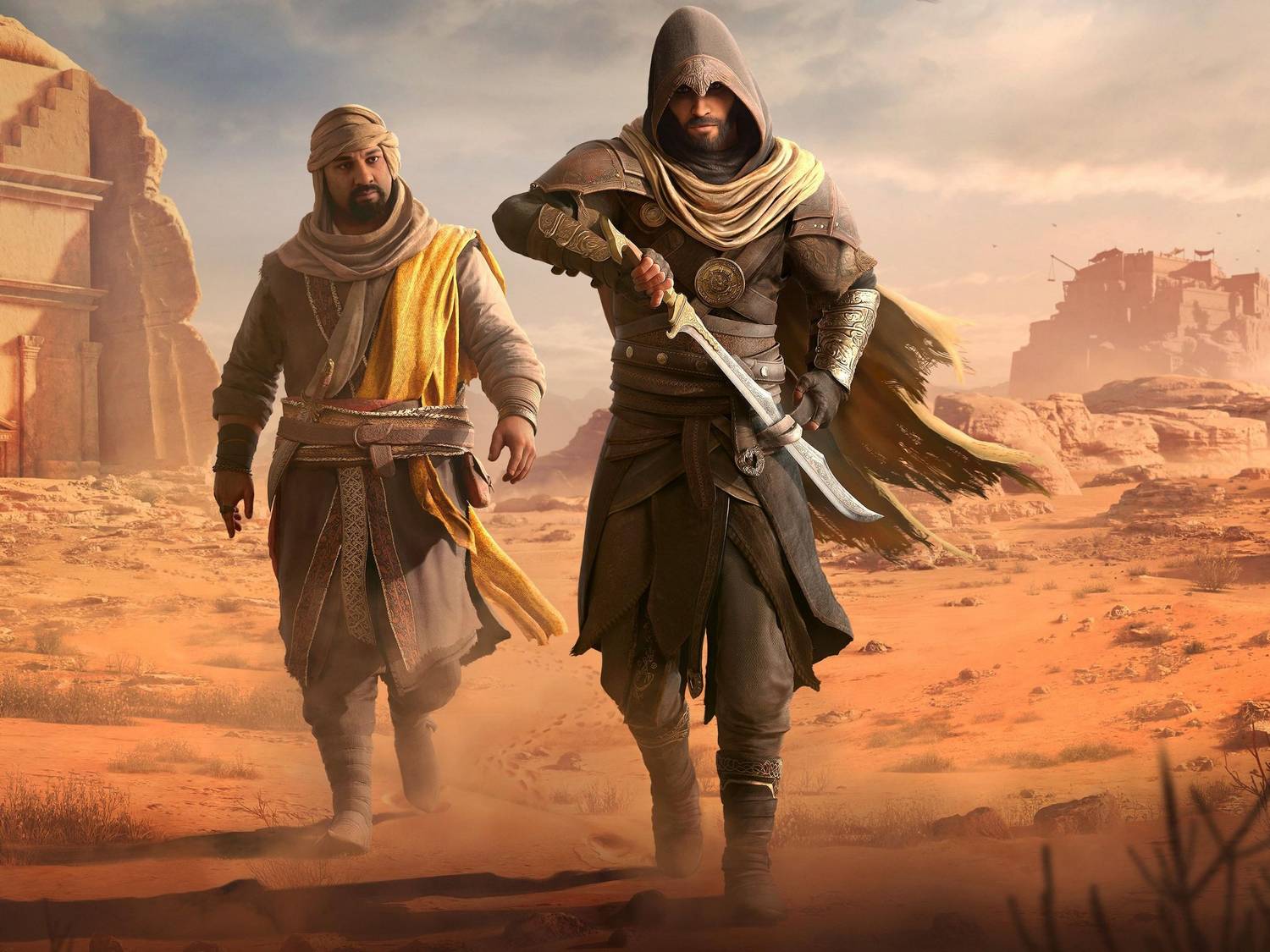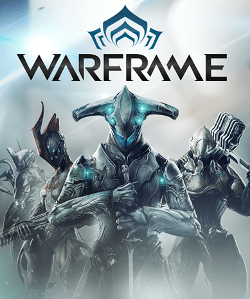Popular Now
 Grand Theft Auto V
Grand Theft Auto V
 Fall Guys
Fall Guys
 Rust
Rust
 NBA 2K24
NBA 2K24
 Minecraft
Minecraft
 Black Myth: Wukong
Black Myth: Wukong
 CarX Street
CarX Street
 League of Legends
League of Legends
 Poppy Playtime
Poppy Playtime
 Call of Duty
Call of Duty
 The official reveal for the highly anticipated, and controversial, free DLC for Assassin’s Creed Mirage, titled Valley of Memory, has already occurred. The full details of the expansion were revealed on Monday, October 6, 2025, with the content itself scheduled to launch on November 18, 2025.
The official reveal for the highly anticipated, and controversial, free DLC for Assassin’s Creed Mirage, titled Valley of Memory, has already occurred. The full details of the expansion were revealed on Monday, October 6, 2025, with the content itself scheduled to launch on November 18, 2025.
The expansion, which adds a new playable region and story chapter, has garnered significant attention due to its reported partnership with and funding from entities tied to the Saudi Arabian government, specifically the Public Investment Fund (PIF). This deal has been a point of contention and debate both internally at Ubisoft and among the wider gaming community.
 Assassin’s Creed Mirage’s “Valley of Memory” DLC: A Deep Dive into AlUla and Corporate Controversy
Assassin’s Creed Mirage’s “Valley of Memory” DLC: A Deep Dive into AlUla and Corporate Controversy
The gaming world is buzzing following the comprehensive reveal of Assassin’s Creed Mirage’s free story expansion, Valley of Memory. Set to release on November 18, 2025, this substantial update promises over six hours of new content, transporting protagonist Basim Ibn Ishaq from the familiar streets of Baghdad to the ancient, stunning landscapes of 9th-century AlUla, an oasis city located in modern-day Saudi Arabia.
While the prospect of new Assassin’s Creed content—especially a free, sizable expansion that includes major gameplay enhancements to the base game—is exciting for fans, the project remains entangled in a corporate and ethical debate. This centers on the alleged Saudi funding that made the DLC possible, positioning it as a key flashpoint in the discussion around geopolitical influence and “soft power” within the global gaming industry.
Key Details of the Valley of Memory Expansion
The “Valley of Memory” DLC is more than just a new map; it’s a significant narrative addition that takes place before the climactic final events of the main Mirage story. Basim’s journey to AlUla is driven by a quest to find his long-lost father, Ishaq, only to find the historical area threatened by a mysterious and dangerous band of robbers.
The expansion introduces several features designed to enhance the core Assassin’s Creed experience:
- New Location: Players will explore the vast, rock-hewn region of AlUla, including the old town, the impressive necropolis of Hegra (a UNESCO World Heritage site), and the Musa Ibn Musayr fortress.
- Story and Missions: A new main quest, assassination targets, side quests, and contracts that delve deeper into Basim’s backstory and his search for his father.
- Gameplay & Parkour Upgrades: The DLC brings highly requested changes to the base game’s mechanics, including:
- The ability for a manual jump, providing greater player control over parkour.
- Smoother and more customizable side and back ejects during free-running.
- Replayability & Difficulty:
- Mission Replay is introduced, allowing players to revisit key story missions and contracts with optional challenges, such as completing them without using Eagle Vision or having zero unnecessary kills, to unlock exclusive rewards.
- Two new preset difficulty modes: Hardened and the extreme Ultimate Assassin, alongside a customizable difficulty setting.
- New Tools & Skills: Players gain access to a new skill and an additional Tier 3 upgrade for all tools. Basim can even track down music sheets through parkour challenges and play the oud at certain spots in AlUla.
The Geopolitical Underpinning: PIF and “Soft Power”
The most debated aspect of the “Valley of Memory” DLC is the unconfirmed but widely reported financial arrangement between Ubisoft and the Saudi Arabian Public Investment Fund (PIF), or PIF-backed entities like the Savvy Games Group. While Ubisoft has not offered conclusive answers on direct PIF funding, they have acknowledged that the update was “made possible thanks to the support of local and international organisations” and access to local experts and historians to ensure the recreation of 9th-century AlUla is authentic.
This partnership is viewed by many as part of the Kingdom of Saudi Arabia’s broader strategy under Vision 2030 to diversify its economy and execute a “soft power” push—promoting a more positive global image through massive investments in entertainment, sports, and, increasingly, video games. The free, high-profile nature of the DLC and its focus on a key historical Saudi tourist destination, a UNESCO World Heritage site, perfectly aligns with the goal of promoting the region to a massive global audience.
Internal Concerns and Ethical Debate
The financial backing and the subsequent setting choice have not gone unchallenged. Reports indicate that the deal caused internal staff pushback at Ubisoft, with employees raising concerns about the ethical implications of partnering with the authoritarian Saudi state, citing its human rights record and the killing of journalist Jamal Khashoggi.
Ubisoft management has reportedly attempted to reassure staff and the public by insisting that the company retains full creative control over the DLC’s content and narrative. They have also tried to draw a distinction between the PIF, the massive state-owned wealth fund, and the country’s controversial leadership, stating, “The money is not MBS’s, and talking with partners who do not share our democratic values does not mean abandoning them.”
Critics, however, argue that regardless of creative control, the very existence of a free, high-quality, and historically detailed tourism-centric expansion for a major AAA title serves as a form of advertisement and reputational laundering for the Saudi state. This controversy highlights the increasing complexity and ethical dilemmas in the global video game industry as it becomes intertwined with significant geopolitical and state-level investments.
The Valley of Memory expansion, therefore, arrives not just as a new chapter for Basim but as a stark illustration of the evolving, often uncomfortable, financial relationships that power modern entertainment.









